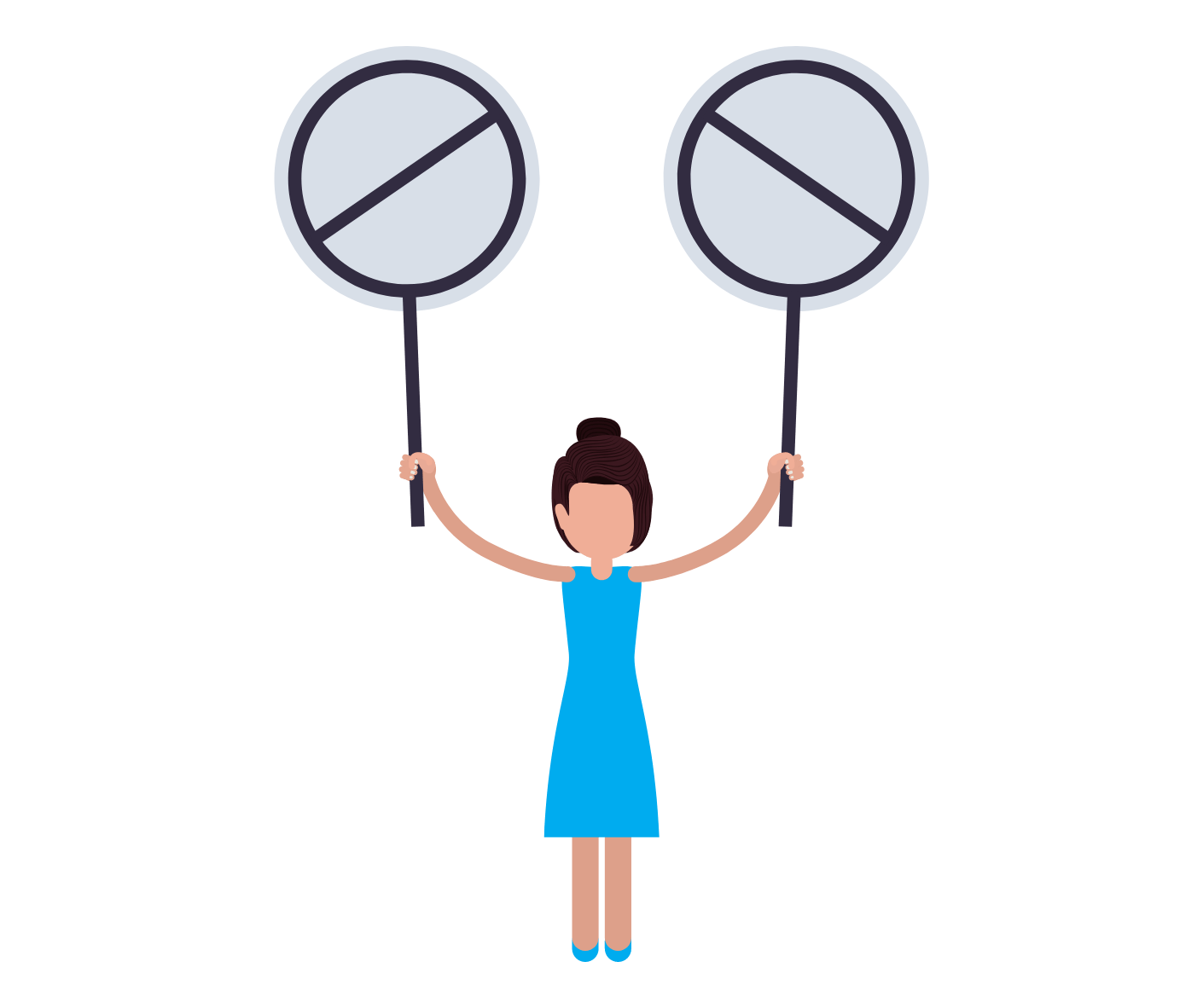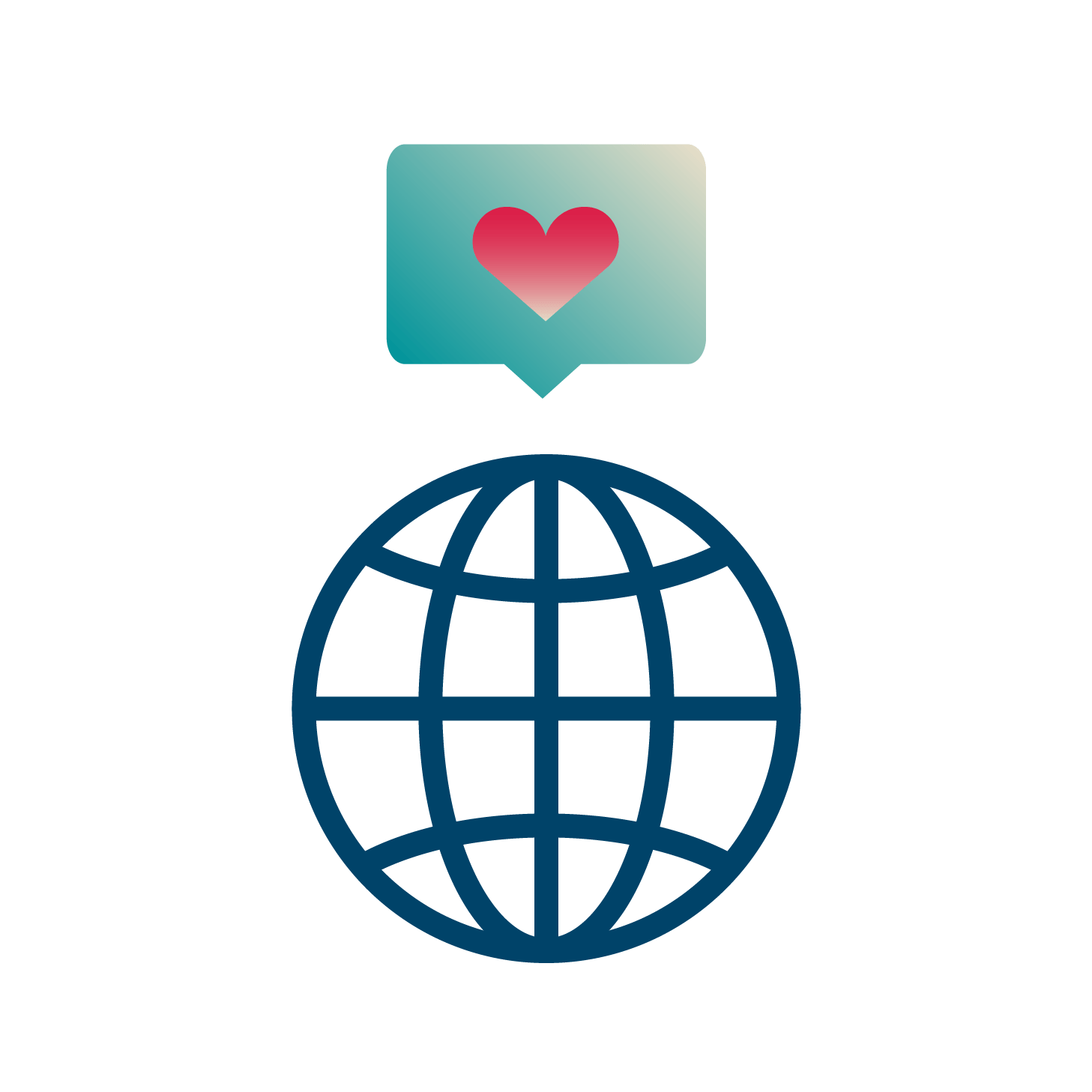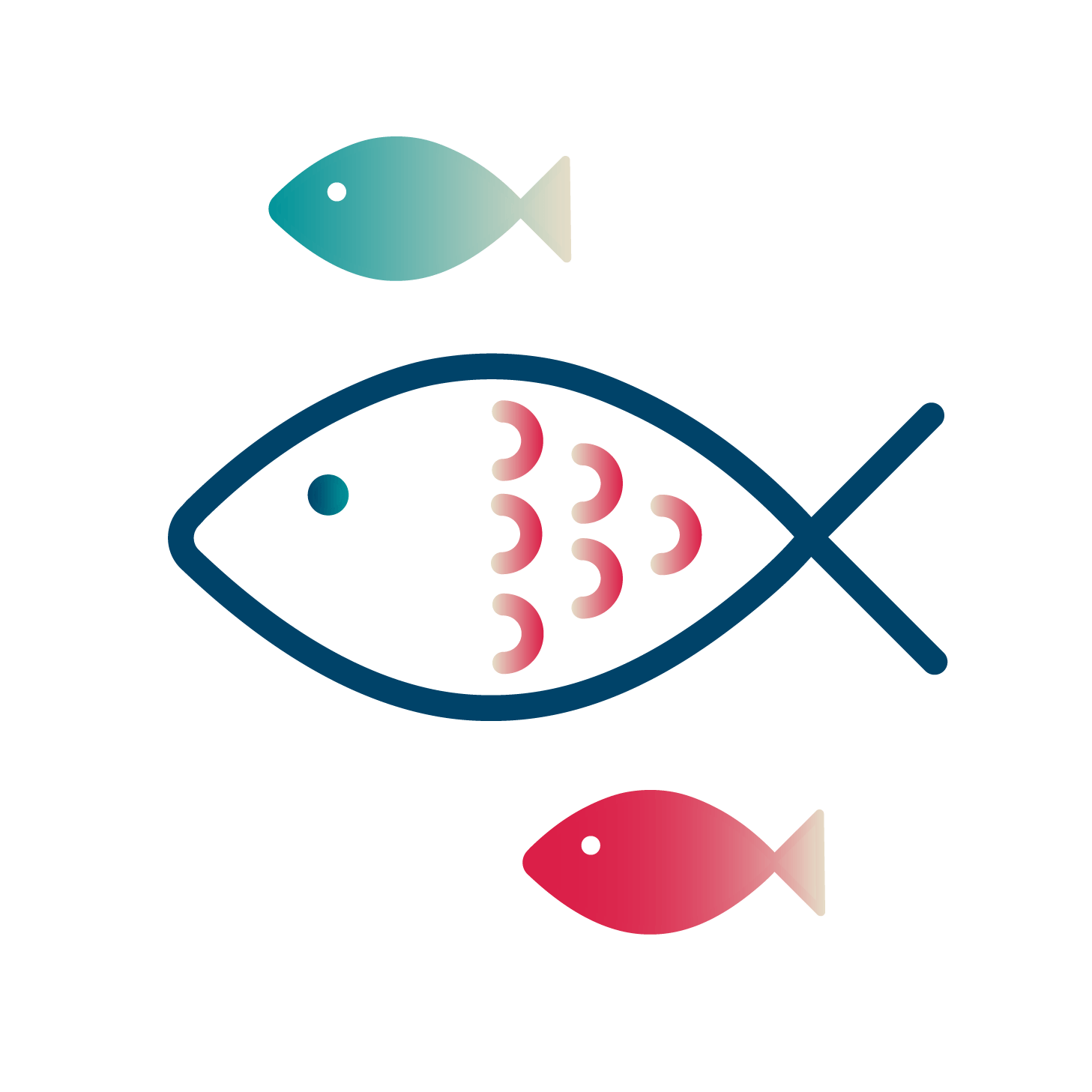All digital activity begins as a form of speech
Article 19 (1) of the International Covenant on Civil and Political Rights provides for the right to hold opinions without interference, and article 19 (2) guarantees the right to freedom of expression, that is, the right to seek, receive and impart information and ideas of all kinds, regardless of frontiers, through any media.
Foundation stone for every free and democratic society
The Human Rights Committee has emphasized that these freedoms are “indispensable conditions for the full development of the person … [and] constitute the foundation stone for every free and democratic society”. They “form a basis for the full enjoyment of a wide range of other human rights”.
Hate speech spreads online
Technology companies determine similarly to the judiciary what we can or cannot see and shape the way we think in the digital sphere.
It is on their platforms where hateful speech and misinformation spread accelerated by a business model that monetizes attention and virality. They exert an enormous impact on freedom of expression: limiting speech can amount to silencing public discourse while failing to act can facilitate violence and discrimination.
40
million posts related to COVID-19 received warnings on Facebook placed next to them, and hundreds of thousands of pieces of misinformation about the virus that could lead to imminent physical harm were also removed.
State surveillance
On the other hand, state actors overreach their powers -especially amidst a crisis- and censor dissenting opinions essential to the democratic discourse and facilitate mass surveillance systems raising privacy concerns.
When talking about human rights, we must not forget
the humans in the loop whose
dreams turn into nightmares while cleaning the internet
for the rest of us.
Our Cycles
Our Work

The super wicked nature of the current pandemic needs a multipronged strategy to tackle intricately related issues like recession, inequality, and climate change in a holistic manner. In this context, rebooting the Indian economy based on “frugal innovation” in which social entrepreneurs constantly work on the idea of cheaper, user-friendly transformations that cater to social needs is the path forward.

Regulation is gaining more traction all over the place but it is uncertain if the Australian News Media Bargain Code will become a role model for legislation in other places. There are several weaknesses to the Code and after all, it is not clear if paying publishers for their content will really alter the high levels of market concentration.
Join Us Aboard
To solve global challenges we need interdisciplinary and diverse research teams. We offer a safe haven for digital castaways, creative sailors and curious explorers. Do you share the same passion for neuroethics and making our digital society just and democratic?
It's really no dilemma.
Mark Arrow









